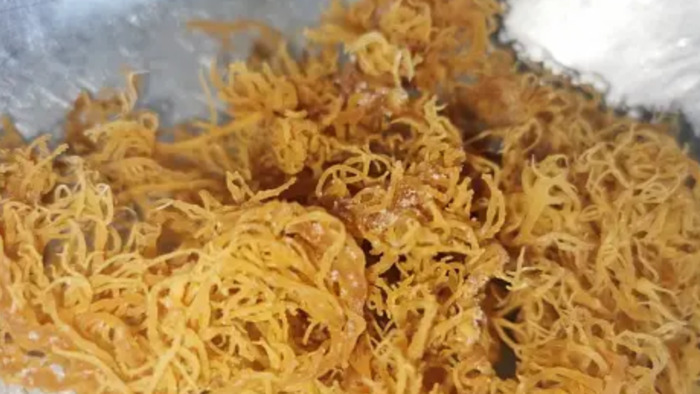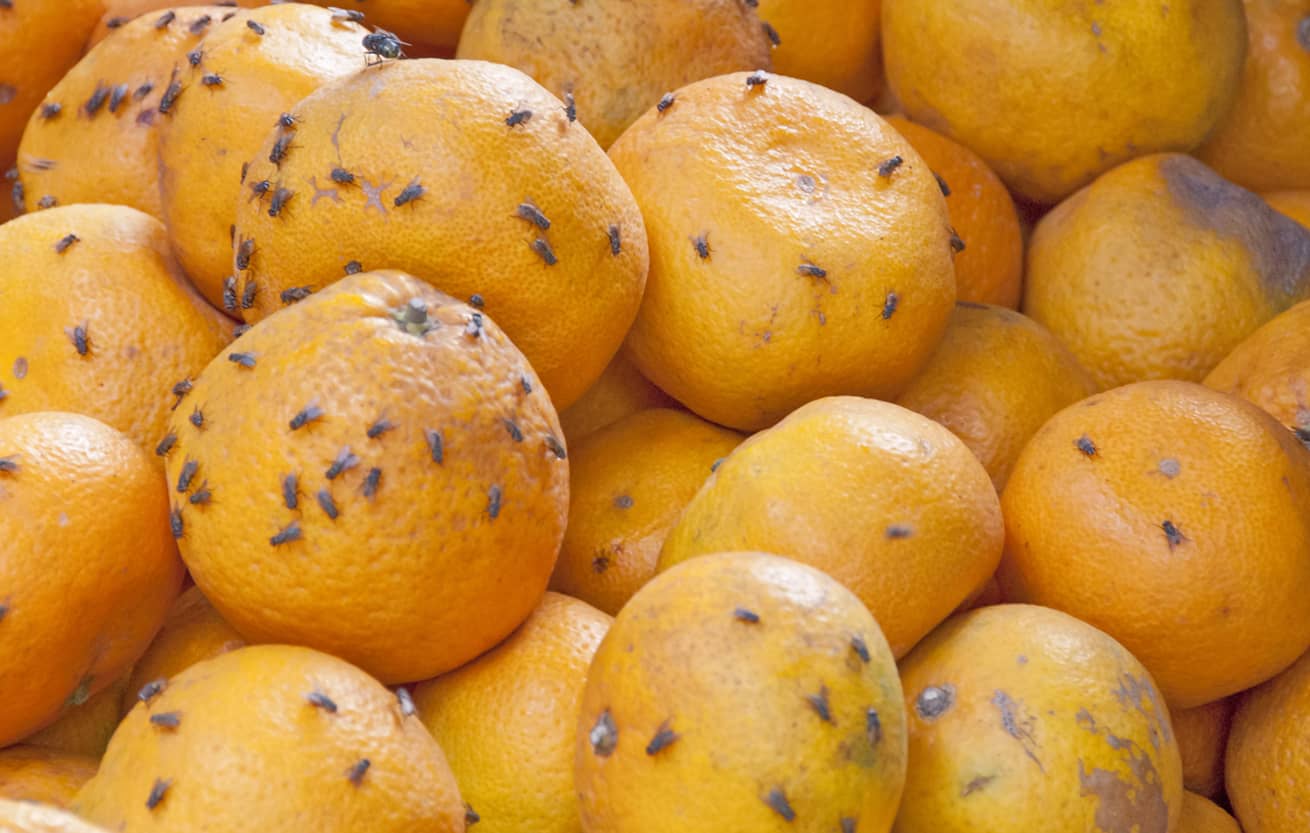
Hey there, health enthusiasts and curious minds! Ever heard of sea moss? Maybe you’ve seen it mentioned as a trendy superfood or spotted it in health food stores. But amidst all the buzz, there are bound to be some misconceptions floating around.
So, let’s dive deep and debunk some common myths about raw sea moss and its nutritional value.
Myth 1: Sea Moss is Just Another Fad
Let’s kick things off by addressing the elephant in the room: Is sea moss just a passing health trend? Sea moss has been used for centuries in various cultures for its purported health benefits. From the Caribbean to Ireland, people have long recognized its nutritional value. So no, sea moss isn’t just a fad—it’s a time-tested superfood with a rich history.
Myth 2: Sea Moss is Loaded with Calories
Some people worry that incorporating sea moss into their diet will add calories. But fear not! Sea moss is actually relatively low in calories while being rich in essential nutrients like vitamins, minerals, and antioxidants. It’s a nutrient powerhouse that can complement a balanced diet without tipping the calorie scale.
Myth 3: Sea Moss Doesn’t Offer Much Nutrition
This myth couldn’t be further from the truth! Sea moss is packed with nutrients that support overall health and well-being. From iodine and potassium to vitamins A, C, and E, sea moss boasts an impressive nutritional profile. It’s also a good source of fiber, which aids digestion and promotes gut health. So, don’t underestimate the nutritional prowess of this humble seaweed.
Myth 4: Sea Moss is Only for Vegans and Vegetarians
While sea moss is indeed a popular choice among vegans and vegetarians, its benefits extend to all dietary preferences. Whether you’re omnivorous, plant-based, or somewhere in between, sea moss can be a valuable addition to your diet. Its nutrient density and versatility make it a smart choice for anyone looking to boost their overall health and vitality.
Myth 5: All Sea Moss is Created Equal
Not all sea moss is created equal, and this myth underscores the importance of sourcing high-quality, responsibly harvested sea moss. Opt for wildcrafted or sustainably farmed sea moss to ensure you get the best possible product. Look for reputable suppliers who prioritize quality and transparency in their sourcing practices.
Myth 6: Sea Moss Tastes Bad
It’s a common misconception that sea moss has an unpleasant taste. However, this couldn’t be further from the truth! Sea moss can be consumed in various forms, such as gel, capsules, or powder, with minimal to no taste at all. Plus, when integrated into dishes like salads, soups, and dips, it can actually enhance the flavor without overpowering the taste buds. So, if you’ve hesitated to try sea moss due to its bad taste, think again!
Myth 7: Sea Moss is Difficult to Prepare
Preparing sea moss may seem daunting initially, but it’s quite simple once you know the ropes. Whether you’re using dried or fresh sea moss, the basic steps involve soaking, rinsing, and blending until smooth. From there, you can incorporate it into your favorite recipes or enjoy it on its own as a nutritious gel. With some practice, you’ll be a sea moss pro soon!
Myth 8: Sea Moss is a Cure-All Solution
While sea moss boasts an array of health benefits, it’s essential to approach it with realistic expectations. While it can certainly support overall health and well-being, it’s not a magical cure-all solution. Instead, consider sea moss as one tool in your wellness toolkit—a valuable addition to a balanced diet and healthy lifestyle.
Myth 9: Sea Moss is Just Carrageenan Extract
There’s a misconception that sea moss is synonymous with carrageenan extract, but they are two distinct substances. While carrageenan is derived from sea moss and used in processed foods and beauty products, raw sea moss contains many valuable nutrients, minerals, and vitamins beyond carrageenan extract. Natural sea moss products like gel retain their nutrient content and are not processed like carrageenan extracts, making them a superior choice for nutritional supplementation.
Wrapping Up
So there you have it—some common myths about raw sea moss debunked! Whether you’re curious about its nutritional value or considering adding it to your diet, it’s essential to separate fact from fiction.
Sea moss is a nutrient-rich superfood with much to offer, so don’t let misconceptions hold you back from exploring its potential benefits. Dive in, experiment with recipes, and enjoy the nourishing goodness of sea moss!



